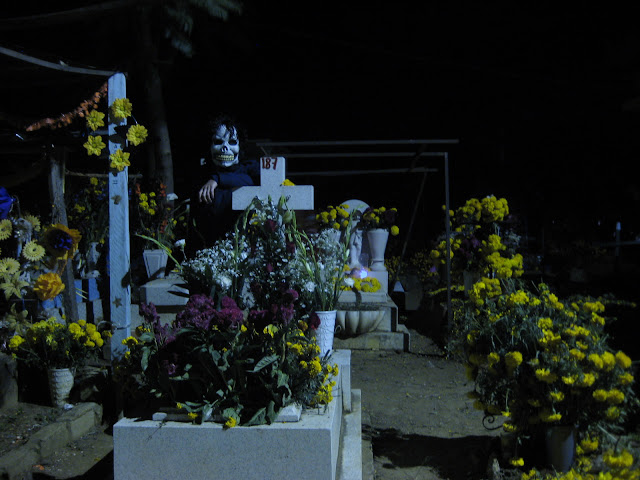Let us assume that there is no God: this is a given of existence. It is for the crumb-collecting theologian to decide if its death was murder, old age, suicide or most likely, an antediluvian stillborn.
A question for the humanist is: what we can make of the great works of art and wisdom inspired by this God? They were certainly created by people in commune with a sense of the beyond, a mysterious compulsion that they named God. This God was perhaps a convenient explanation of their super-human powers, as if they were embarrassed to admit themselves capable of the staggering fertility of their imaginations, the towering intellect and insight whose flashes they could transcribe into music and art. So God is perhaps best described as an alibi; a colossal self-denial. We had the divine in us, were ashamed, and assigned it elsewhere. We excised perfection from humanity and called that perfection the divine. The divine is the fearful perceived impossibility of authentic perfection: the non-human, the meta-human, the über-human. Yet there is only human.
God is a human concept. Everything we assign to it signifies some human depth. The inspiration from God comes only from within. The messages and morals come from inside humans. Like the Greek Myths, all religious stories are necessarily and in every way about us. Every tale that resonates with us is one in which we see ourselves reflected, as in a glass, darkly (1 Corinthians 13). Freud found in the Oedipus myth a cipher of human desires. Camus saw in the myth of Sisyphus a manifestation of our own sense of endless futility. Whether or not done consciously, these ancient stories strive towards self-understanding. The same can be said of Shakespeare: we needn't attempt to unravel Hamlet's actions to know that somehow he is the everyman; his struggle his not explicable, but is utterly and terrifyingly knowable. Something, in the words of Beethoven, "which comprehends mankind but which mankind cannot comprehend."
Is it not time to decipher ourselves through the prism the greatest story ever told: The Bible? To reinvent parable as myth?
The Bible stumbles on weighed down by a dead God hanging like an albatross from its neck. It should be saved and put in its place not as a devotional text, but as a psychological work of art. The Bible must be rescued, not thrown out with the bathwater of organised religion. Remove God, and we are presented with a solely human work, a work comprised of tales of greed, love, avarice, calumny, sacrifice, wisdom and art probably unparalleled in any other single text. God must be recognised as a placeholder, and re-signified as a mortal intention of the human psyche.
As an example, the story of Abraham and Isaac. In it we learn that God is a manically jealous deity, perhaps a practical-joker. Without God, these parables can become riddles of human psychology, instead of endless ruminations on the vagaries of a fantastical beardied lunatic. Perhaps we see Freud here: the father is jealous of the son and seeks to kill him. It could reflect the inexplicable instinct to destory that which we love , or perhaps our endless intoxification with danger and violence. Is this a challenge which we all face everyday - the effort not to kill those around us? Man is both a proud and yet a wretched thing.
Humans wrote every word in the Bible: unearthed every psychological truth, had every mystic revelation, created every heart-stopping metaphor, grappled with the terrifying and uncompromising truths of existence and constructed a place for mankind in a seemingly chaotic world: it’s time to take sole credit for this achievement: to acknowledge the human divine. I would like to see a Bible stripped completely of its devotional elements, with God on the cutting room floor, and left as a book of human wisdom and human art.
Time to make an atheist’s Bible of pure literature, untainted by the stain of religious association. The aim is not to explain or understand what the writers of the Bible were implying, but just to render them accessible, to allow their words to emerge from under the veil of faith.
Anyone who is interested in joining in, do so: the aspiration is to become open-source.
Subscribe to:
Post Comments (Atom)

Hey Rob. This is an amazing idea! I apologize, due to bad skimming of only the initial post, I didn't quite realize what you were doing here. Can you explain a bit more about the posts? Is this a sort of translation work? (I'm not that familiar with Ecclesiastes). I'd like to participate if you can clarify. Also, what about other religious works?
ReplyDelete